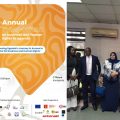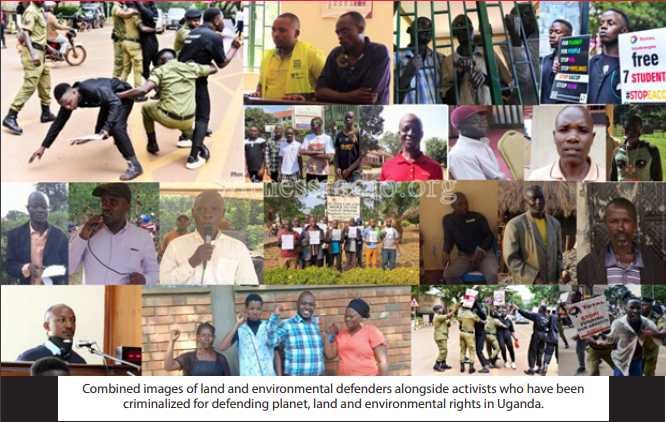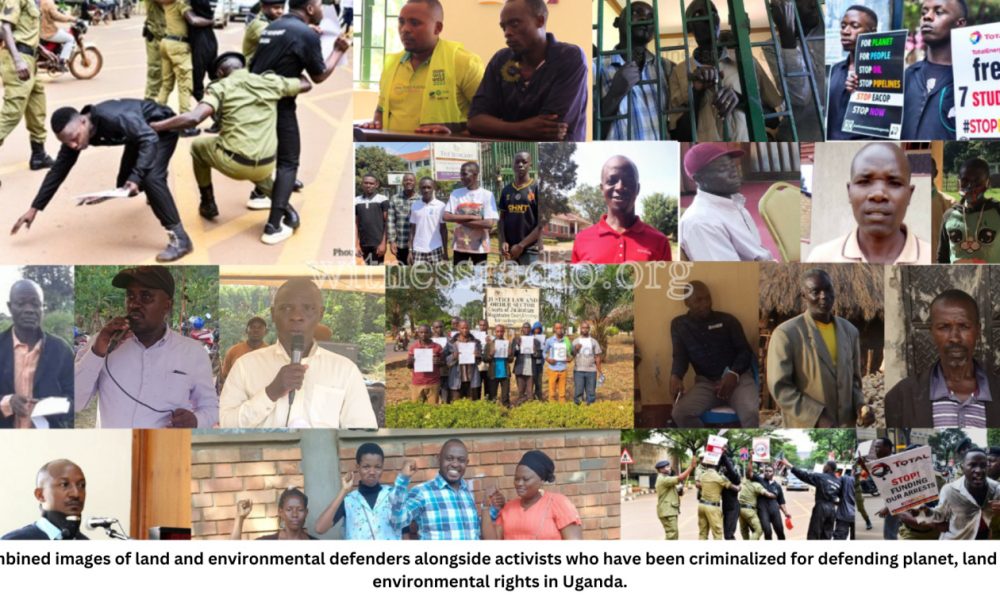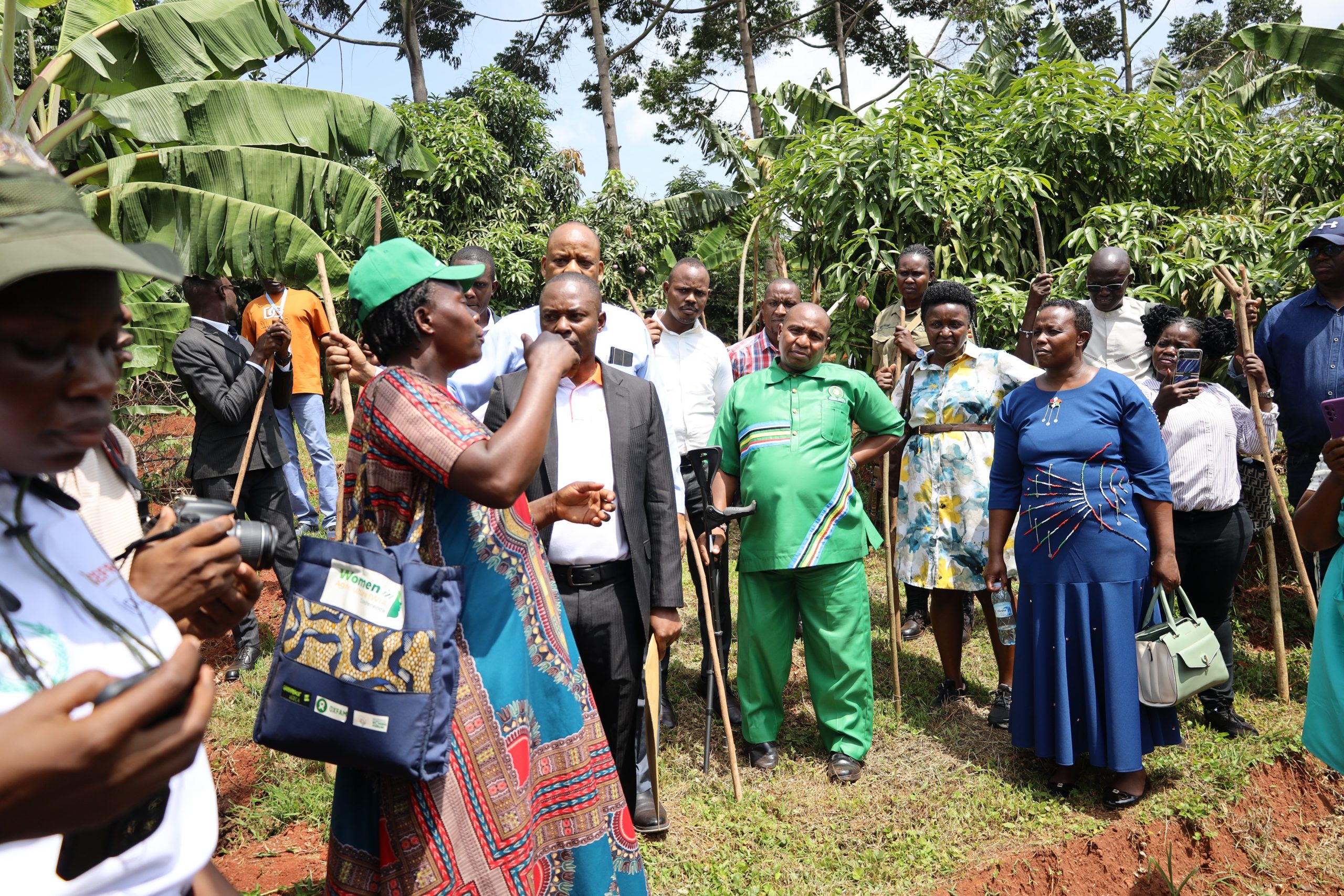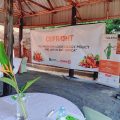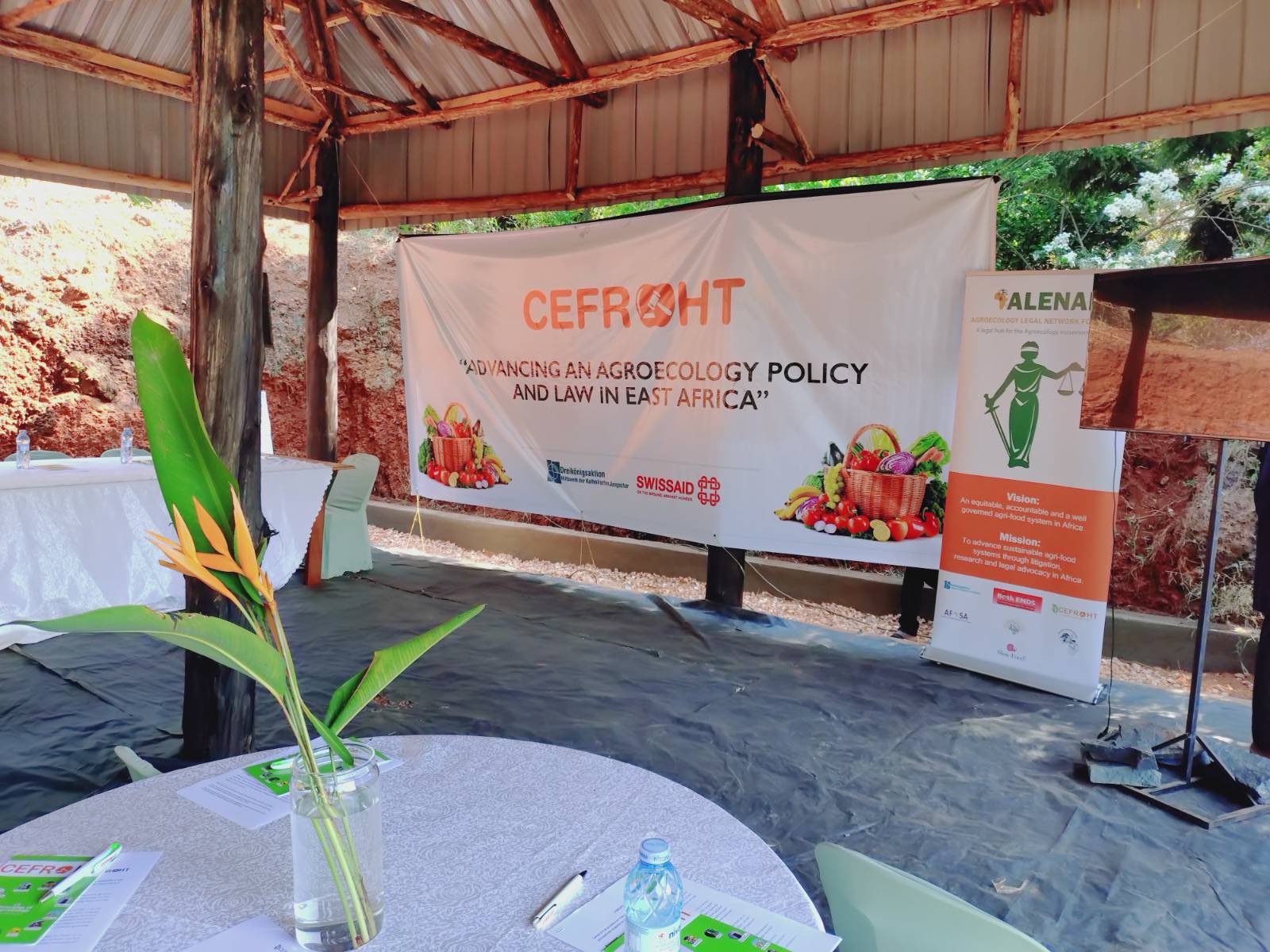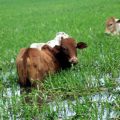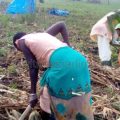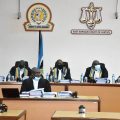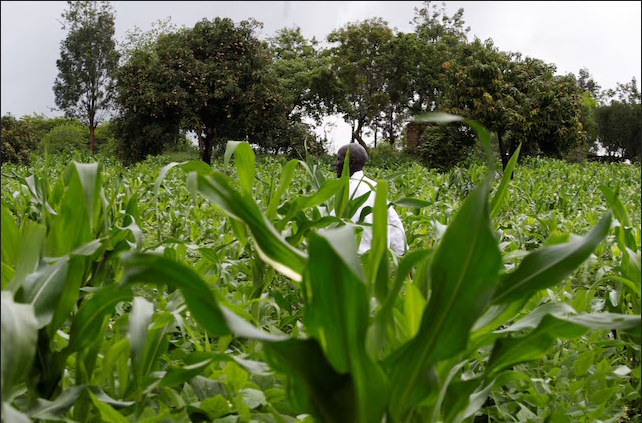By Witness Radio team.
Close to 200 community human rights defenders and activists have paid a price for protecting the planet, land, and environmental rights in Uganda in the year 2023, Witness Radio – Uganda reports.
The abridged report titled “The State of Planet, Environmental, and Land Rights Defenders in Uganda 2023” by Witness Radio documented 181 cases of arbitrary arrests, detentions, imprisonments, disappearances, and other retaliatory attacks.
Witness Radio‘s findings reveal a disturbing pattern wherein all arrests are marked by extreme violence, particularly targeting those who boldly stand up to fight for nature, food sovereignty, and biodiversity and mobilize communities to push back violence against them. Beyond the mere detentions, these defenders often fall victim to kidnapping, torture, and arbitrary arrest, fostering an atmosphere of fear among them and the communities they represent.
Nevertheless, defenders who persist and stand up for their beliefs are at a higher risk of violent attacks from investors and their agents. Notably, the Western region emerges as a fiery epicenter for the unjust criminalization of these brave individuals, where the flames of oppression burn most intensely. It is followed by Central, Northern and Eastern regions respectively.
The report also highlights a concerning trend in Uganda’s agricultural sector, marked by a significant increase in violent and retaliatory attacks and detentions. It is closely followed by similar issues within the oil sector, as the infrastructure sector underscoring the urgent necessity for comprehensive action to address the escalating threats and attacks faced by land and environmental defenders in Uganda.
Witness Radio’s Community Empowerment officer, Ms. Bulyerali Joan, reveals that the prevalence of the continued unforceful evictions and escalating criminalization of community land and environmental defenders is a result of insufficient due diligence by both government entities and investors in their business investments.
“Land and environmental rights defenders are consistently targeted for arrest as a means to intimidate them into relinquishing their land. The collusion between the police, who are tasked with protecting the community, and investors results in the detention of these defenders, leaving them vulnerable to the whims of the investors. Furthermore, the government and various project funders fail to conduct proper due diligence to ensure that the entities they support uphold human rights standards,” Ms. Bulyerali emphasized.
“Over the past years, we have been documenting the complicity between the police, army, and private security guards in carrying out illegal evictions, as well as their roles in suppressing protesters advocating for land and environmental rights,” added Ms. Bulyerali. “Unfortunately, 2023 has seen a continuation of this pattern, with the police, private guards, and army actively involved in violent evictions, resulting in the arrests and detentions of critics of various projects.”
In one of the communities mentioned in the report, Rwabunyonyi village in Hoima district, a community member named Venessa not real name due to fear of retaliation from land grabbers, disclosed that in March 2023, 21 land defenders were forcibly arrested by local police, allegedly in collusion with land grabbers. Shockingly, these defenders were falsely charged with murder and aggravated robbery, a blatant attempt to silence them and instill fear among the communities they represent.
“Our land remains heavily guarded by private security personnel, preventing us from accessing and utilizing it for our livelihoods. These guards have intensified violence against us and persistently target our land for large-scale investments” Vanessa told Witness Radio.
Shockingly, despite Junior Lands Minister Mr. Sam Mayanja’s attempt to intervene and protect the community from land grabbing on August 24, 2023, security guards affiliated with the Pyramid Private Security group stationed on the land resorted to threatening him with gunfire.
According to the Rwabunyonyi community members, they perceive this act as demonstrating the impunity with which these powerful land grabbers operate to the extent of ordering the guards to shoot at the minister. They questioned how ordinary citizens like themselves could challenge the oppressive tactics of these guards if they showed no fear in confronting high-ranking officials.
In the oil sector, the controversial East African Crude Oil Pipeline (EACOP) has persistently inflicted detrimental effects on the very individuals it purports to benefit. From unfair compensations and land grabbing to relentless harassment and violent arrests of critics, its impact is starkly evident. Notably, among those forcefully arrested and falsely charged for raising legitimate concerns about the environmental damage caused by the pipeline project is Bob Barigye.
Barigye, a climate activist and an advocate for social justice and human rights, working with the African Initiative on Food Security and Environment (AIFE) was arbitrarily arrested and detained more than three times in 2023. He recounted one harrowing incident on January 24th 2023, while in Kampala. He revealed that during this arrest, 15 police officers manhandled and severely beat him. The catalyst for the activist’s arrest was his involvement in organizing a debate addressing the environmental, human rights, and economic ramifications of the EACOP project.
Barigye further described being forcefully placed into a police van, where officers compelled him to lie on the floor beneath the seats. He was then transported to and detained at Wandegeya Police Station, in Kampala district. He reported being charged with obstructing police officers while on duty before being released on police bond on January 27th 2023.
Despite the increasing number of reported cases, the report anticipates a potential reduction in land evictions shortly. This optimism follows President Yoweri Museveni’s decision to ban the involvement of the army in evictions. Museveni’s action was later complemented by the Minister of Internal Affairs, Kahinda Otafiire, who warned against the participation of both police and private guards in illegal land evictions.
Following growing concerns about the army’s role in carrying land evictions, in December 2023 the President announced a ban prohibiting the involvement of the Uganda People’s Defence Forces (UPDF) in land matters and guarding grabbed land claiming, that the actions by the army deviate from its primary mandate of securing the country’s borders.
Additionally, Otafiire, earlier this year cautioned police’s involvement in illegal land evictions and added that he has always advised the Ugandan police to stay away from land involving conflicts. Otafiire also gave a directive barring private security company groups from manning people’s land.
The report also advises the government to enforce regulations mandating thorough human rights and environmental due diligence processes before endorsing any land-based investments. It suggests conducting periodic evaluations of such investments. The Uganda Investment Authority should engage with investors and companies to establish Internal Grievances Appeal Mechanisms to address adverse social and economic effects of their operations, among other measures, to curb rising criminalization.
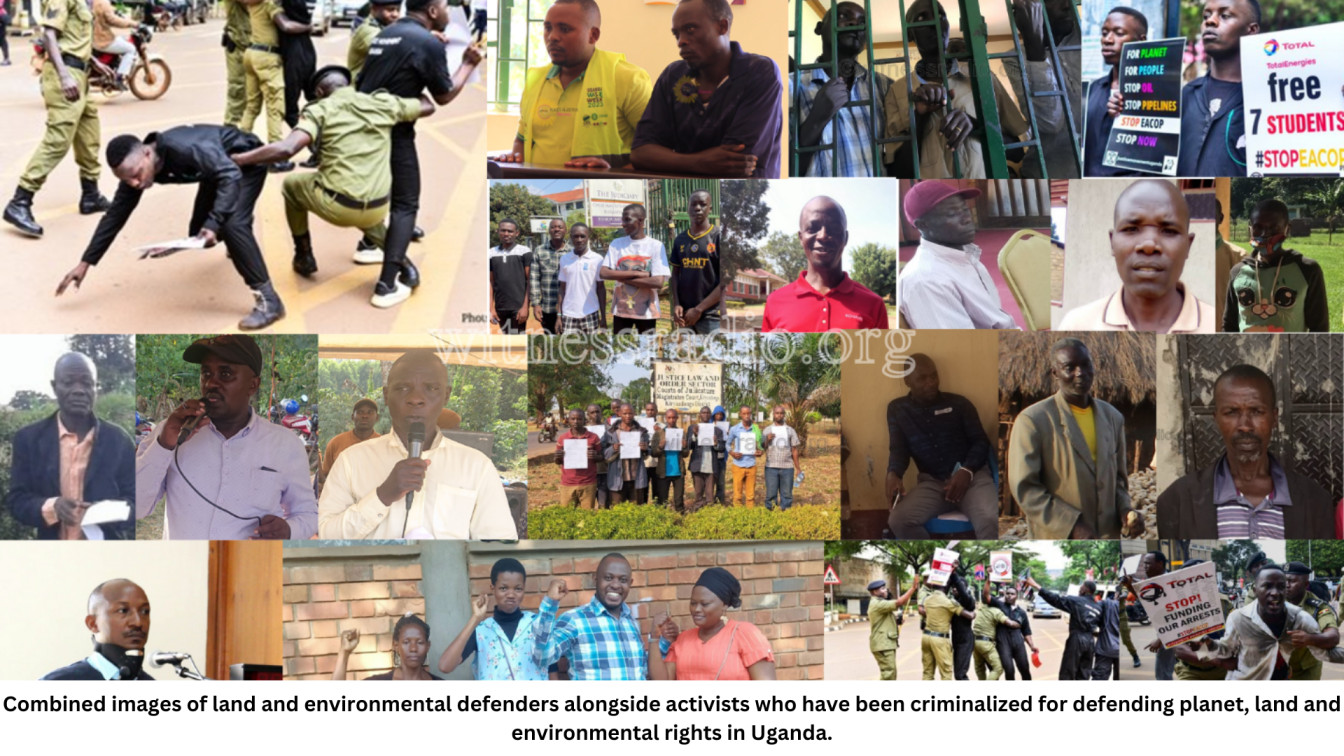
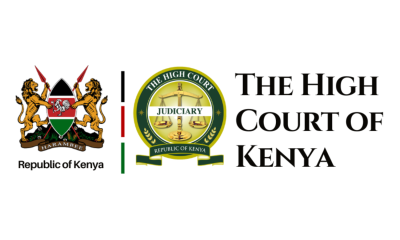
 MEDIA FOR CHANGE NETWORK3 days ago
MEDIA FOR CHANGE NETWORK3 days ago
 MEDIA FOR CHANGE NETWORK1 week ago
MEDIA FOR CHANGE NETWORK1 week ago
 MEDIA FOR CHANGE NETWORK1 week ago
MEDIA FOR CHANGE NETWORK1 week ago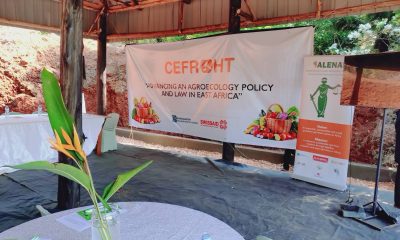
 MEDIA FOR CHANGE NETWORK2 days ago
MEDIA FOR CHANGE NETWORK2 days ago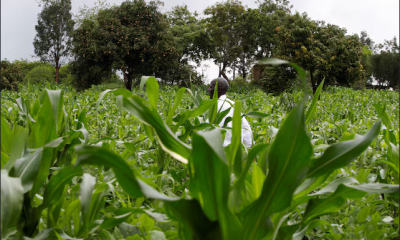
 MEDIA FOR CHANGE NETWORK2 days ago
MEDIA FOR CHANGE NETWORK2 days ago
 MEDIA FOR CHANGE NETWORK3 days ago
MEDIA FOR CHANGE NETWORK3 days ago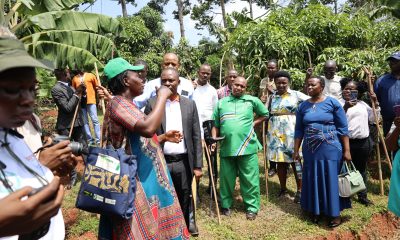
 MEDIA FOR CHANGE NETWORK23 hours ago
MEDIA FOR CHANGE NETWORK23 hours ago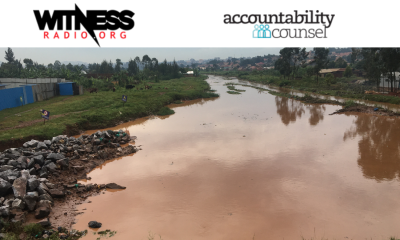
 STATEMENTS5 days ago
STATEMENTS5 days ago


